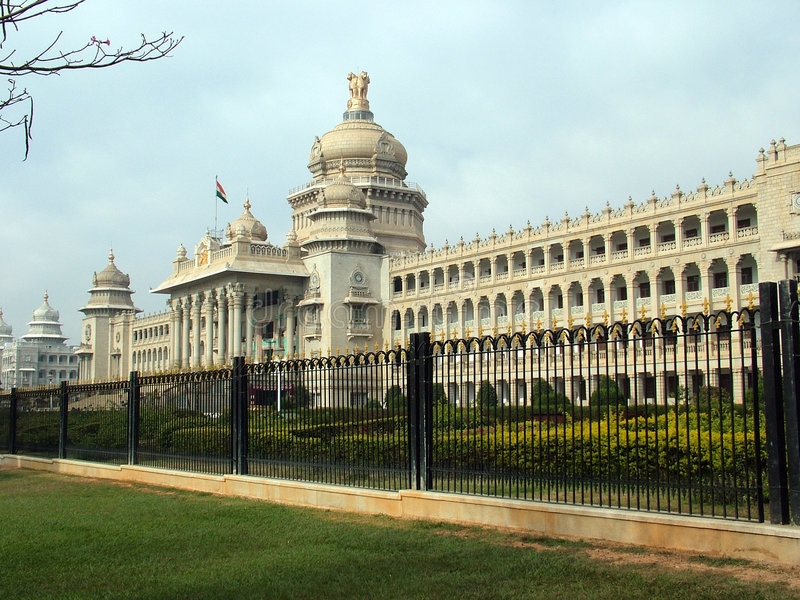- Edited and Published by S.K Nair Director Edutech Foundation - Bangalore

Coronavirus cases in India mounted to 14,792 on Saturday, with the death toll touching 488, according to the ministry of health Government of India.
COVID-19 lockdown has cruelly tensed the livelihoods of lakhs of people. But one look beyond the quarantined homes, and a city in bloom, a Bengaluru blissfully unpolluted, greener and cleaner, indicating memories of a Golden era.
The most important one is the air quality. As the Karnataka State Pollution Control Board (KSPCB) confirms, the dip in the city Air Quality Index (AQI) has been remarkable, now hovering between zero and 50. With most polluting industries shut, and roads deserted, for weeks. This change was shown right from April first week. In Peenya Industrial Area and City Railway Station, among the city’s most polluted, area the lockdown had a noteworthy impact.
The withdrawal of all public transport and strict enforcement of the ban on private transport reduced vehicular pollution to near zero. The halt to construction activity settled the dust too. The overall pollution in the city has reduced by an estimated 55% to 70%, informs a KSPCB official. “About 25% to 30% pollutants that still remain on the roads are due to re-suspension of fine dust, caused by wind flow and local movement.”
Vehicular emissions account for 42% of the pollution, while industrial and construction dust contribute 14% each. Re-suspension of dust is responsible for 20% of the pollutants, with Diesel Generators sets and smoke from households and hotels making up the rest. Only vehicles of 10 essential service departments are now allowed. Last week’s rainfall have helped improve suppression of dust as per the official notes. The reduction in noise pollution too has been substantial.
Cool Bangalore News
